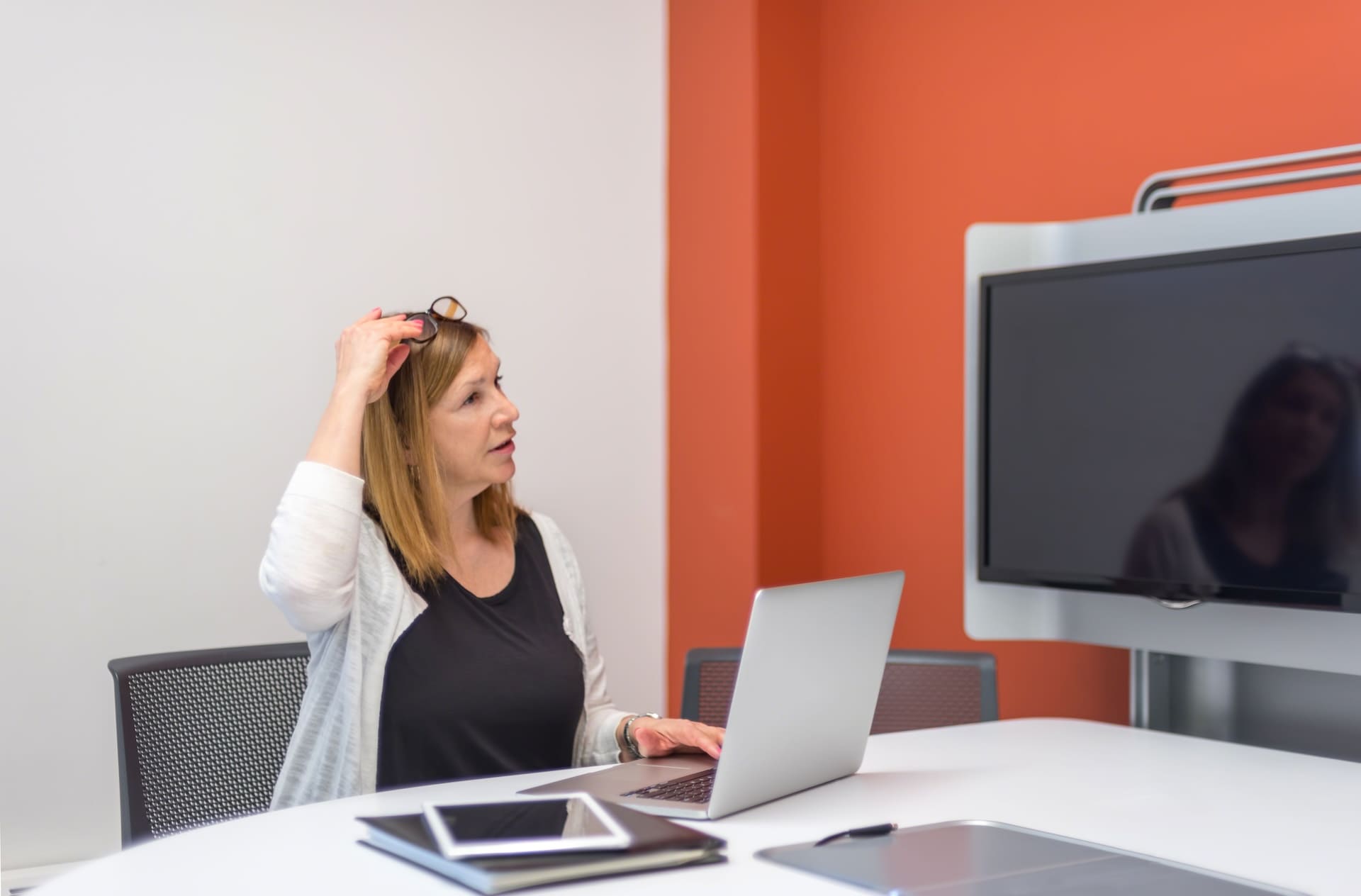
What is a whistleblower?
A whistleblower is a person who discloses information that he or she considers to be important or of concern, often in violation of the law or established rules. Such information may concern financial irregularities, human rights violations, abuse of power or any other form of illegal or unethical behaviour in an organisation or company. Whistleblowers are often seen as advocates of integrity and transparency and play an important role in the fight against corruption and abuse of power.
How can a whistleblower protect his identity?
There are several ways a whistleblower can protect his or her identity. Here are some of the main methods:
- Use pseudonyms or aliases when sharing information with people outside the organization.
- Use secure communication methods, such as encrypted messaging or secure phone lines, to transmit information.
- Entrust the information to a trusted third party, such as a lawyer or journalist, who can then disclose it anonymously.
- Carefully document the facts and evidence before sharing them, so that they can be authenticated if necessary.
- Educate yourself on the laws and protections available to whistleblowers in your country, and use these protections to protect yourself against potential retaliation.
To whom does a whistleblower provide information?
A whistleblower provides information to individuals or organizations that can take action to address the situation revealed by the information. This can include government authorities, regulatory bodies, non-governmental organizations, the media, or human rights groups. The whistleblower may also choose to disclose the information directly to the public, in order to raise awareness and provoke a response. In any case, the whistleblower must take care to protect his or her identity and ensure that he or she is not subjected to retaliation for revealing the information.
Tools for whistleblower
A whistleblower can use several tools to transmit information in a secure manner and protect his or her identity. Here are some of the most important tools:
- Encrypted messaging, which allows you to communicate securely and confidentially with people outside the organisation.
- Secure phone lines, which provide secure communication against eavesdropping and interception.
- Anonymous hosting services, which allow you to publish information online without revealing your identity.
- There are also several applications you can use to contact the media anonymously, such as SecureDrop or GlobaLeaks. These applications are designed to facilitate confidential communication between whistleblowers and journalists, and use encryption technologies to protect the anonymity of all parties involved.
References
Directive (EU) 2019/1937 of the European Parliament and of the Council of 23 October 2019 on the protection of persons who report breaches of Union law
PE/78/2019/REV/1







